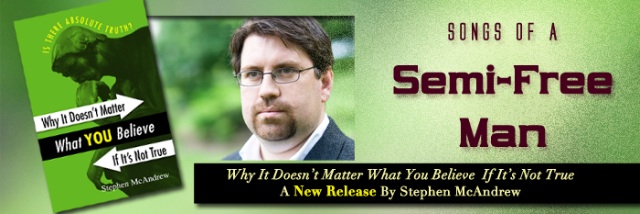In my last blog, I talked about drivers who ignore the
one-way sign posted at the end of the street on which I live. A frequent tactic of those who live on
the street to discourage this flouting of the rules is to shout “WRONG WAY”, at
cars failing to adhere to these rules.
I suppose this will alert someone who was not aware they were driving in
the wrong direction to their misdeed, but mostly it will make them aware that
people are watching.
If we see morality as rule following is there a danger that
we only follow the rules when someone is watching, or when someone can catch
us.
Plato asked what we would do if we could do what we liked
without anyone finding out? In The
Republic, he gave the example of a magic ring that made the wearer invisible.
(1) An ancestor of Gyges of Lydia
was said to have used this ring to kill the king and take his place on the
throne, without anyone finding out what he had done. Plato pondered whether anyone with such power that he could
not be caught would do the right thing.
So we have to ask ourselves if we just follow rules because we are
afraid of getting caught or if we had Gyges’s ring would be do what we want?
To take a more contemporary example, imagine, on a dark
night, a car hitting a pedestrian on a deserted road and driving off. If no one sees the incident, and
assuming that the driver successfully conceals or explains away other evidence
such as damage to the car, should the driver stop and help and put himself or
herself in possible legal jeopardy?
Would the driver’s actions be bad even if he was not caught
or otherwise found out? I would
say that whether or not he or she faced any consequences his or her actions
would still be bad. If that is true,
then something is bad even if you don’t get caught. Even in the ring of Gyges
the point is not that the ring makes his actions good, the problem presupposes
that there is a good and a bad way to act, but rather why we should do what is
good?
However, what about those who don’t get caught?
We could respond by stating that most people don’t “get away
with it”. We have police and
justice systems designed to make sure that the guilty are punished. But in a world with this much
corruption and selfish ambition, can we say that no one gets away with it? Moreover, if someone were truly
successful in getting away with their crimes, we would never really know what
they had done.
It seems to me that unless there are consequences for wrong
actions, then there is no reason to do the right thing if one can get away with
it. Since, it is likely that
there are some at least who get away with things, take a moment to reflect on
unsolved crimes, it would seem to follow that there would be no reason to do
what is good if one can "get away with it".
This is indeed a great problem. We could try to solve it by better policing and a fairer
judicial system, but will we ever reach perfection, or even near
perfection? That is to say, that
it is likely that we will never see complete justice in this world. Perhaps if all of our actions were
watched or recorded all of the time, we might achieve such justice. However, not too many would find that
to be a palatable solution, and our experience of human nature would lead us to
believe that instead of using total surveillance to achieve total justice, it
would be used to perpetuate total forced submission. Moreover, we might distrust that the judicial parts of that
system would act fairly and impartially.
What we would need is a fair, impartial judge who observes
everything, and carries out a just punishment, so that no one “gets away with
it” in the end. Further, this
judge would need absolute power to see every crime and be able to punish all of
the guilty, while at the same time be above corruption. If such justice is to have existed
throughout history and to extend into the future, this person must have endured
throughout human history and must continue to do so for as long as we exist, or
else this perfect and powerful person, would need to be replaced from time to
time with no gap between such powerfully, perfect persons.
It is clear that if such a person does exist, he or she
would be morally perfect, supremely powerful, all-knowing, be everywhere at the
same time. If you think about it,
this sounds a lot like God.
(1)
Plato, Republic, trans. Robin Waterfield (Oxford: Oxford University
Press, 1993), 47-49.
